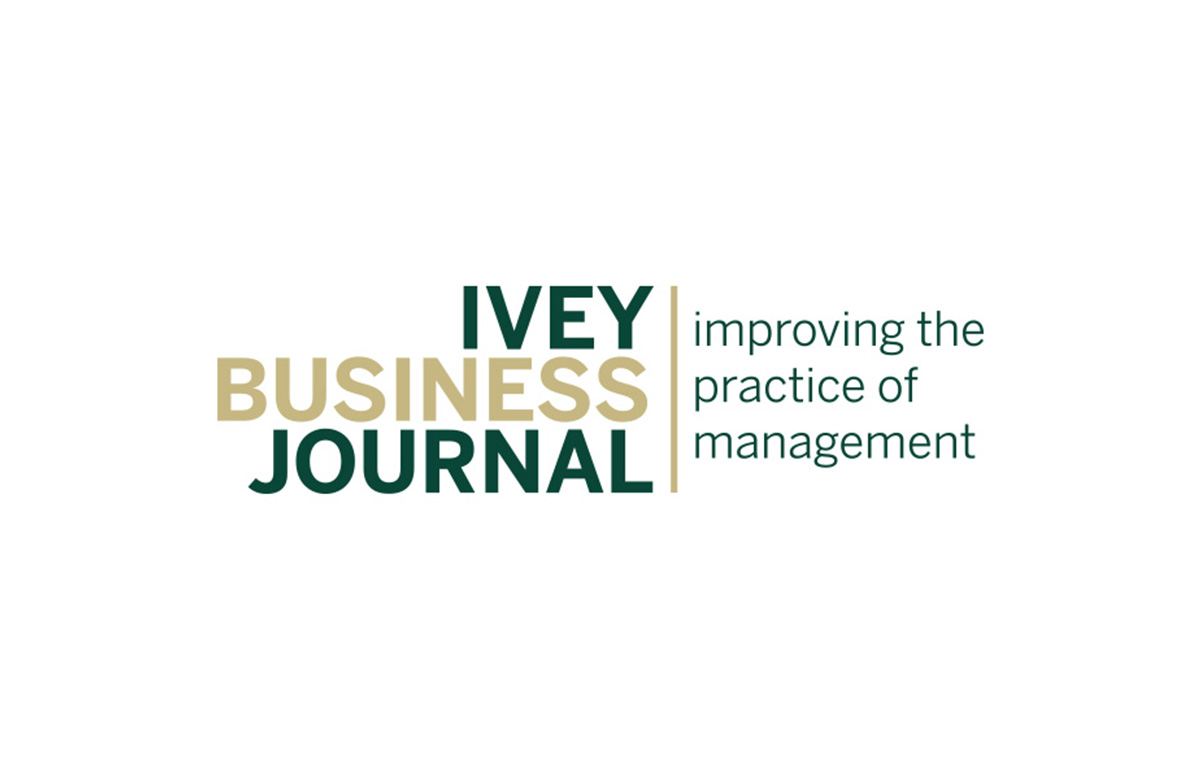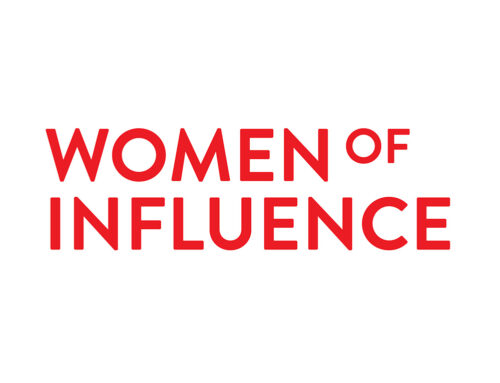Ivey Business Journal showcases article on emerging way to stem loss of top female talent
TORONTO, October 3, 2012―The professional services industry is in trouble: senior talent, especially women with children, are resigning. Many of these valued practitioners are walking away from their careers (and in many cases high salaries) because their employers are unwilling or unable to provide them with the flexibility they need to balance their work and family lives.
Published today, the September/October issue of the Ivey Business Journal showcases an article entitled Lifestyle-Driven Virtual Teams: A New Paradigm for Professional Services Firms, in which Broad Reach Communications president Andrea Lekushoff describes how this emerging new business model is a winwin approach for both clients and employees. The article explores the emergence of lifestyle-driven virtual teams and its many benefits; how these teams help attract and retain talent; the increase in productivity gained from these teams; as well as challenges and best practices for implementing this model.
“When I was building my public relations agency, I realized that many senior women were caught in an unnecessary and intractable dilemma: how to pursue a fulfilling and meaningful career while meeting the demands of their personal and family lives,” explains Andrea Lekushoff, President, Broad Reach Communications. “I knew I would face the same dilemma if I were to adopt the traditional agency model. Given our work is largely knowledge-based and mostly undertaken individually, I knew that much of it could be easily transferred to a home office with the right planning, processes and project management.”
Attracting and retaining top talent is vital in professional services firms, and successful firms know that flexible work arrangements make them more attractive to a wider range of professionals. Talent is also a critical factor in determining a professional services firm’s success. Enter lifestyle-driven virtual teams. An emerging approach to flexible workplace arrangements, lifestyle-driven virtual teams reward results over face time, so practitioners can maximize the time they devote to their personal lives. When implementing this model, firms must remove the focus on billable hours and instead focus on the number of hours each associate wants to work, and plan compensation accordingly.
A flexible work environment increases the overall attractiveness of a firm to a wide range of professionals. Recent studies have shown that flexibility is a growing trend: A 2011 U.S. study showed that the number of employees who principally work from home grew by 61 per cent between 2005 and 2009. Two years earlier, Aon Consulting’s Benefits and Talent Survey reported that 97 per cent of organizations either planned to increase or maintain their use of virtual teams. As Canada is expected to be immersed in a labour shortage that could begin affecting employers as soon as 2020, these non-traditional arrangements will increasingly appeal to employees and become essential to the delivery of high-quality services.
“To stem the exodus of women from the workforce, keep top talent, and remain competitive, professional services today must create new arrangements to accommodate talented practitioners who need more choice when it comes to how, when, and where they work,” said Leah Eichler, founder and CEO of Femme-o-Nomics, a networking and content portal for professional women. “A lifestyle-driven virtual team approach encourages true balance, motivating women to remain in the workforce, and allowing them to juggle the often stressful demands of work and family life more easily.”
In a recent study published by Dr. Alison Konrad, Report on 2011 Women in Leadership Class Assignment: Connecting Ivey Alumni with HBA Students, undergraduate business students were asked what an employer could do to make their chosen career more attractive. The most frequent responses were flexible hours, the ability to work from home, no face time, and a family-friendly culture. Surprisingly, these are many of the same characteristics sought out not only by working parents but also by people nearing retirement and wanting to slow down their schedules.
“For employees who embrace the philosophy that work is something you do, not somewhere you go, the increase in lifestyle-driven virtual teams is a welcome alternative to the traditional work environment,” said Konrad. “And with many people losing interest in demanding jobs that require long hours, extensive face time and travel, employers who begin to meet the lifestyle demands of a multigenerational workforce will be in the best position to attract and retain the most desirable talent.”
About the Ivey Business Journal
Launched in 1933 as the Quarterly Review of Commerce by Western Business School in 1933, the Ivey Business Journal (IBJ) provides an international outlook on business by showcasing thought-provoking and progressive articles written by some of the world’s leading management thinkers, consultants and practitioners on topics such as leadership, innovation, marketing and strategy. Read in more than 150 countries and translated into at least 70 languages, the IBJ provides practical insights and suggestions for its readers, two-thirds of which are managers, directors, vice-presidents, presidents, or C-level executives from around the world. For more information, visit www.iveybusinessjournal.com.





